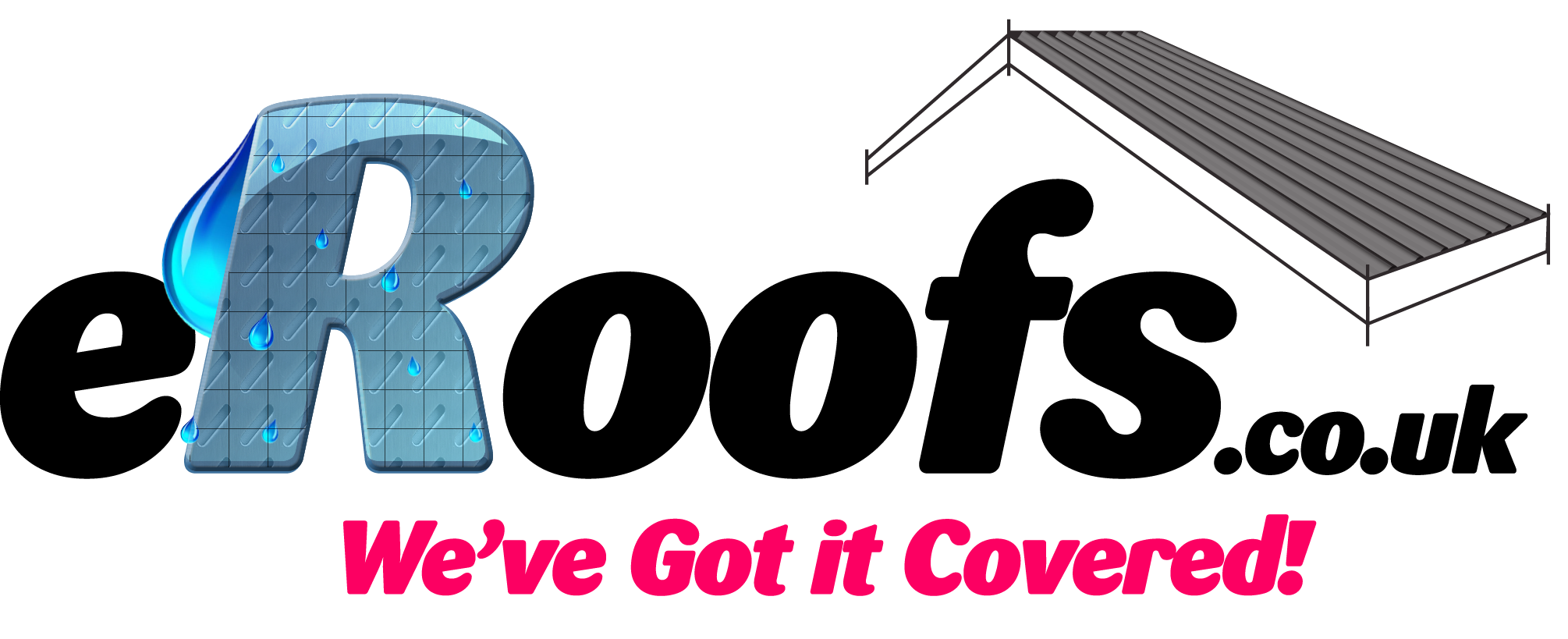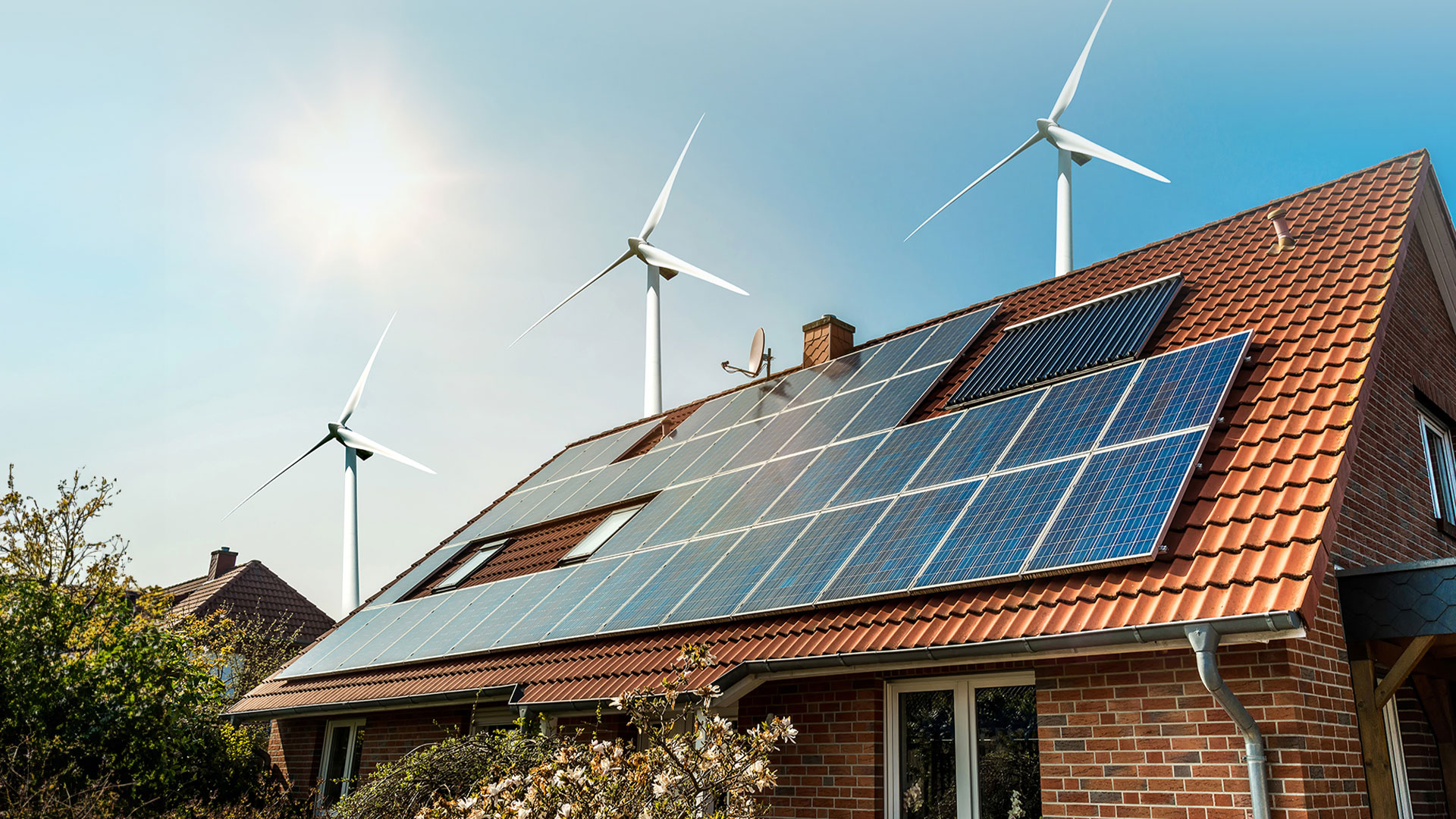If you’re considering making the switch to solar energy, you’re probably asking yourself, “Will solar panels damage my roof?” It’s a question that many homeowners and DIY enthusiasts grapple with, and rightfully so. Your home is one of your biggest investments, and it’s only natural to want to protect it.
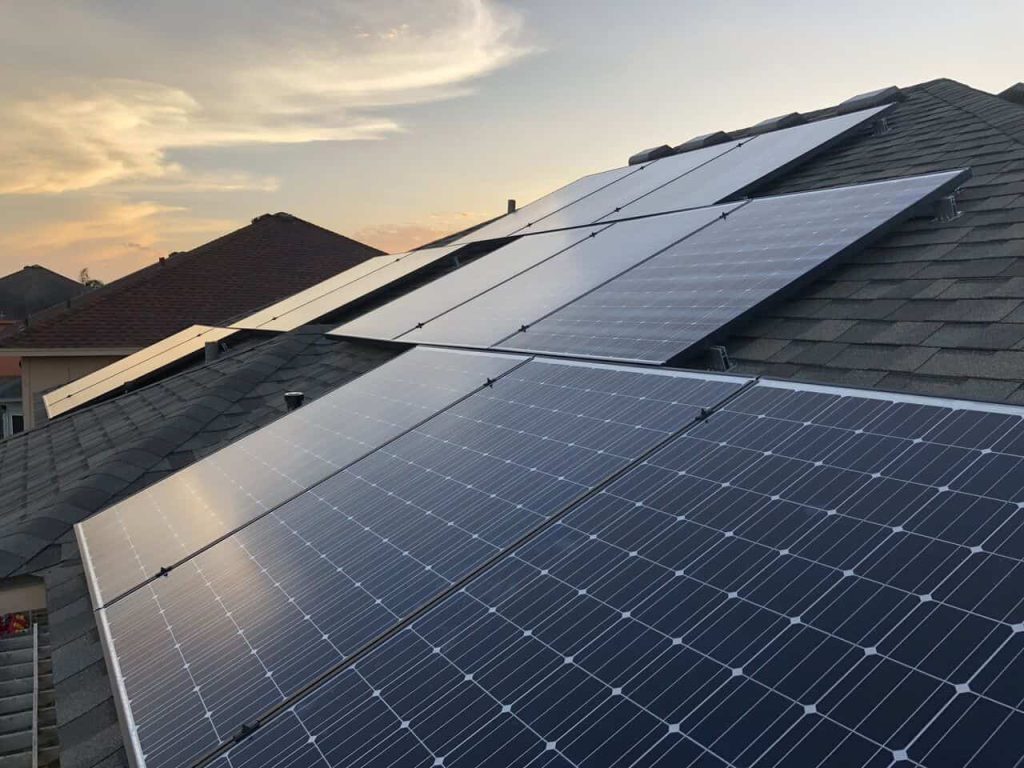
The Good News
The great news is that when installed correctly, solar panels are not only safe for your roof but can also add value to your property. In fact, they can even act as a protective barrier, shielding your roof from the elements and potentially extending its lifespan!
How Do Solar Panels Protect My Roof?
Here’s a little-known secret—solar panels can actually protect the portion of your roof they cover. By acting as a shield, they help prevent wear and tear from the sun’s rays, rain, and even the occasional hailstorm. Think of them as a high-tech hat for your home!
Installation Matters
Now, let’s talk about installation. Proper installation is key when it comes to ensuring your solar panels are safe and effective. Choose a reputable installer with experience and positive reviews. A professional installer will make sure:
- Correct placement: Panels are positioned in a way that maximises sunlight exposure and minimises roof damage.
- Secure mounting: Using high-quality mounts ensures your panels are securely attached without compromising your roof’s integrity.
- Waterproofing: Ensures no leaks occur that could damage your roof over time.
DIY vs Professional Installation
For the DIY enthusiasts out there, you might be tempted to take on the installation yourself. While it’s possible, be aware that professional installers are trained to spot potential issues and have the tools needed to ensure everything is done correctly. Plus, many offer warranties that further protect your investment.
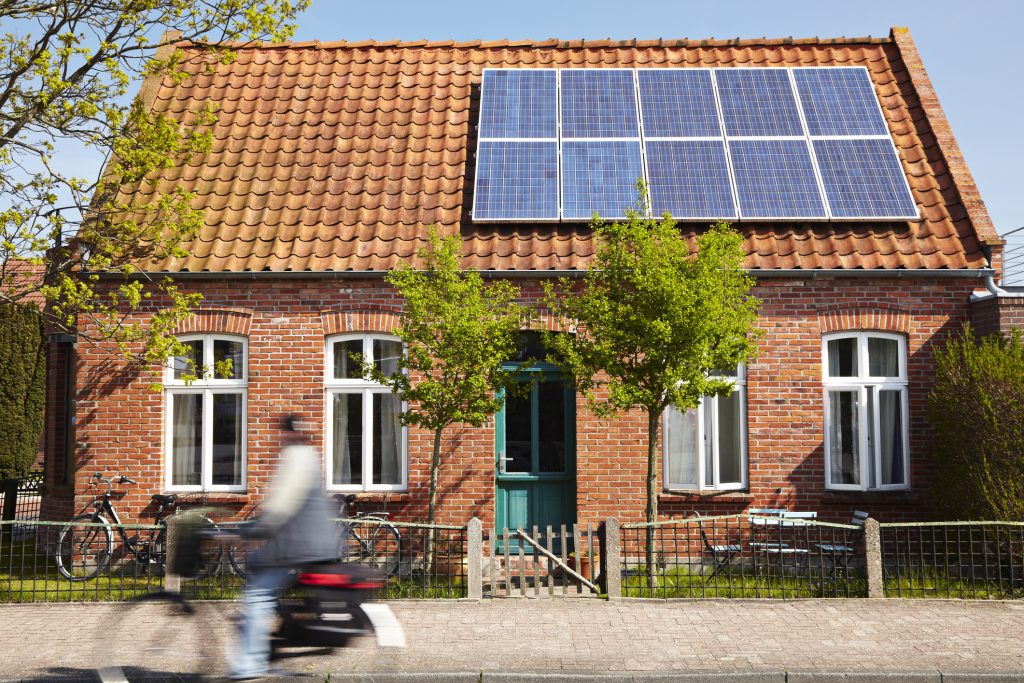
Possible Concerns
Of course, no solution is without potential pitfalls. Here are the most common concerns and how they can be addressed:
- Roof Damage: Poor installation can lead to leaks or structural damage. Always opt for certified installers who offer guarantees.
- Weight Issues: Ensure your roof can handle the weight of the panels. A professional will assess your roof’s load-bearing capabilities.
- Planning Permission and Regulations: In most cases, you do not need a planning permission from your local council before installing solar panels as it is classed as permitted development. However, there are exceptions to this so it is vital you check with your local council to avoid any problems. Professionals can help with this, ensuring compliance with all laws and permits.
What Roofs Are Suitable for Solar Panels?
When considering solar panel installation, it’s crucial to assess whether your roof is compatible. Generally, roofs with a pitch between 30 to 45 degrees are ideal for solar panels as they allow for maximum sunlight absorption throughout the year. Both south-facing roofs and flat roofs can be optimal, although flat roofs may require angled mounts to achieve the best orientation. It’s also important to evaluate the condition and age of your roof—older or damaged roofs might need repairs or reinforcement before installation to ensure they can support the panels safely. Additionally, roofs made from durable materials like asphalt shingles, metal, or tiles are typically more suitable due to their sturdy nature and ease of mounting. Before proceeding, consulting with a solar professional can give you a detailed assessment and help tailor the ideal solar solution for your specific roof type.
Although, many roofs can accommodate solar panels, some roof types may present challenges that make installation more difficult or less efficient. Extremely steep roofs can pose safety hazards for installers and may not provide the optimal angle for solar energy absorption. Additionally, roofs heavily shaded by trees or nearby buildings may significantly reduce the effectiveness of solar panels, as they limit the amount of sunlight that reaches the panels. Roofs constructed from fragile materials, such as wood shingles or slate, might also present difficulties due to the risk of damage during installation. Moreover, if a roof is nearing the end of its lifespan, it may not be a wise investment to install solar panels without first ensuring the roof is in good condition. If you aren’t sure what signs are of a failing roof, we have a blog post detailing what you should look out for. Consulting with a solar expert will help determine the best course of action for roofs that fall into these categories, ensuring a safe and successful installation.
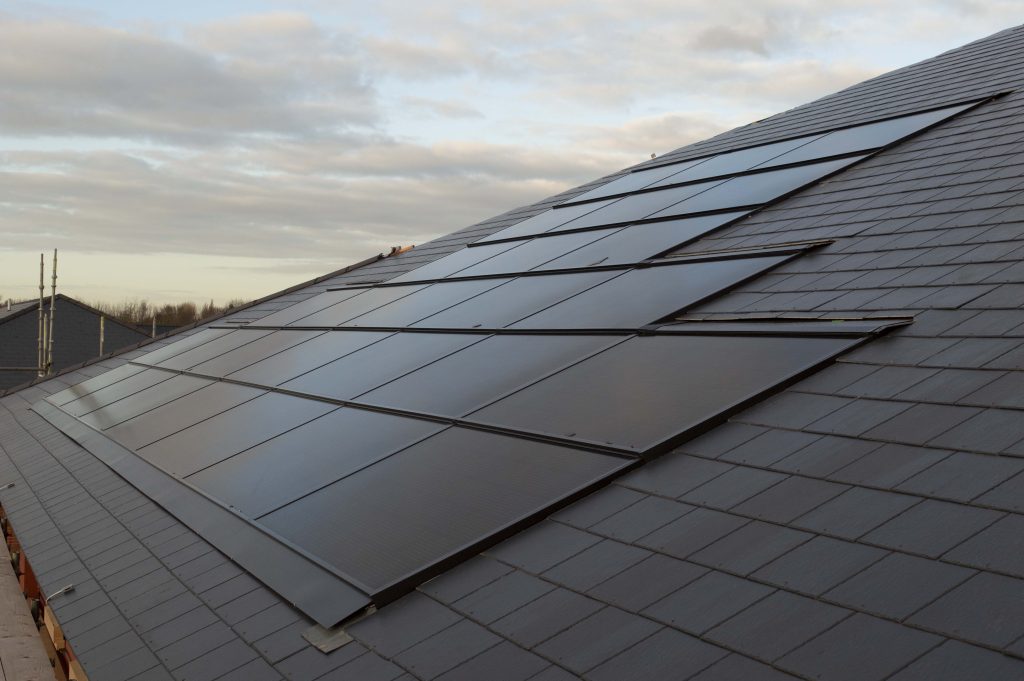
The Environmental Edge
It’s not just about safety; it’s also about doing your bit for the planet. Switching to solar reduces your carbon footprint and can reduce electricity costs. Who wouldn’t love lower bills and a healthier planet? With solar panels, you can generate your own clean energy and decrease reliance on traditional fossil fuels. This not only benefits the environment but also contributes to a more sustainable future for generations to come.
So if you’re considering going solar, don’t let potential roof challenges deter you. Consult with a solar professional to find the best solution for your specific roof type and reap the environmental and financial benefits of solar energy. Take that first step towards a greener, more sustainable lifestyle today!
Conclusion
In conclusion, with the proper approach, solar panels are a safe and smart addition to your home. They offer a sustainable energy solution while protecting your roof, adding to your home’s aesthetic and value. So don’t let fear or uncertainty hold you back from making the switch to solar. Consult with a solar expert and confidently make the move towards a cleaner, more cost-effective energy source for your home.
